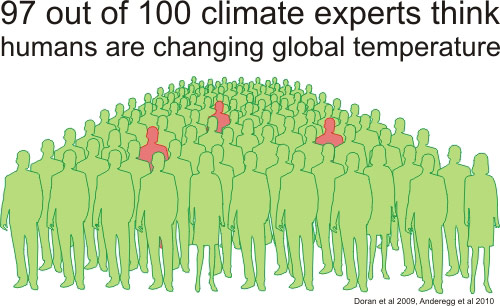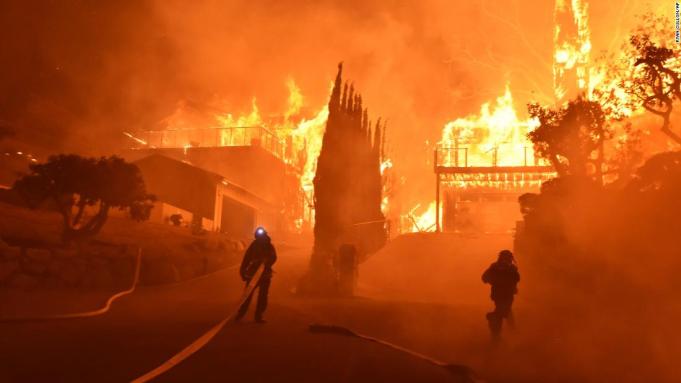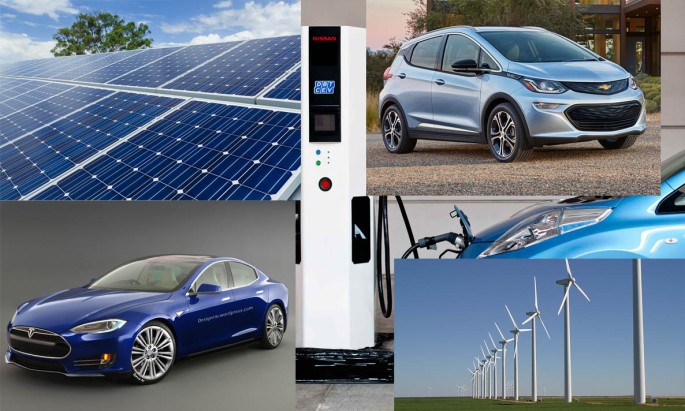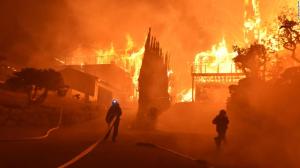If we recognize that we want a planet that supports human life and flourishing much as it has over the past several millennia, we should recognize that depopulation is good and reforesting of lands is necessary. Both of these are contrary to current views of leaders, educators and good people around the world. It’s common sense to applaud the birth of humans and decry the loss of human life; similarly, it is uncontested logic that forests and jungles should be cleared to develop economies. Both elements of “common sense,” part of a neoliberal worldview, need to be challenged and reformed. Such is part of the cultural shift needed to sustain a habitable planet. Such are some of the value shifts needed to reverse the looming climate catastrophe.
Why We Need More Forests
Let’s start with the easier one. Forests act as a carbon sink. They absorb greenhouse gases and thus remove them from the atmosphere. The more trees we have, the more we slow and reverse climate change. Forests include alpine, temperate, and tropical as well as coral reefs, kelp, and mangroves. States could pass laws that any forest cleared for whatever reason must be offset by planting double the acreage of forest (somewhere appropriate), understanding that offsets schemes are not automatically effective; they must be funded and managed properly. States can expand areas designated as National Parks and can enhance protections and management of National Forests. Individuals and corporations can act responsibly when removing trees or clearing forested areas by taking care to limit the removal of trees, and commit to replanting any trees removed. States can also invest in technology and labor in early detection of forest fires. Fire prone areas along the West coast of N. America can invest in management of forests by controlled burns, diversion of water or other creative management to limit the uncontrolled spread of wildfires. Such efforts are critical for preventing forests from becoming sources of carbon-emissions when they burn. NGOs can work with governments, individuals, and corporations to plant trees along highways, streets, neighborhoods, parks, rivers, anywhere that is appropriate. Trees are a critical part of the solution and must not be neglected in the effort to restore the planet to balance. If you don’t already, consider using ecosia the search engine that plants trees when you search (Tip: to search google inside ecosia, use #g inside your ecosia search.)
Alright, Grasslands and Prairies are Important Too
What we really need is strategic and informed re-wilding, reforestation, and restoration of ecosystems based on the best science and wisdom available. In some wildfire prone areas, it may be that grasslands are better for now. See here and here.
Fewer Humans is a Good Thing
Speaking to politicians about the need to freeze fossil fuel expansion, one response I’ve encountered is that 2 billion more people will be added to the population by 2050 and that they would have energy needs that must be met by expanding our energy supply. I argue that current and future energy needs can be met by expanding green energy sources, but the point I’m recognizing here is that more humans means more consumption of energy and resources, which means more pressure on the ability of the planet to sustain human life. I’ve also heard it often argued by people of varied political persuasions that the resources of the planet can support our growing population, we just have to manage our resources more efficiently. My response to that is, good luck. Studies suggest we are on several unsustainable trajectories for meeting human consumption demands (worst case summary here). In any case, what is the point of having more humans? Why is that considered good? Denser populations lead to more waste, more disease, more competition, higher prices on food and housing, and often more crime, and violence. Larger populations mean more challenges for employment, education; and increase likelihood of famine, and pandemics, and war. Rather than thinking that more is always better when it comes to humans, we need to recognize that there is an optimal number of humans that can be supported by our planet shared with other species large and small.
I’ve also hear it exclaimed that we have too many wild animals…too many deer, or foxes, or wolves. Evidence of this is the increasing sighting of such animals in populated areas. Somehow it doesn’t seem to occur to such people that the increase in sightings of animals is due to loss of habitat due to human encroachment on their habitat or due to forest fires or lack of food or water. It is often claimed that environmentalists care more about animals than humans, this is a misrepresentation. The reason there is often such an appearance is that environmentalists appreciate the importance of animals in the sustenance of healthy ecosystems. Environmentalists are also humble enough to not assume they understand why or how a beetle or bird or fungus may or may not contribute to an ecosystem or to human health; they believe in the awesome majesty of the natural world and seek to preserve it in all its diversity. One can read into this a reverence for creation and respect for the source of life.
Expanding upon this respect for the diversity of life in order to preserve healthy life-giving ecosystems we must understand how the expansion of human populations pose a threat to ecosystems and other species. We are currently experiencing a great extinction event, the sixth mass extinction event our planet has undergone. Unlike previous extinction events which were precipitated by global climate change due to traumatic events like an asteroid crashing into the earth, or long-term atmospheric changes, the current extinction event is caused by human activity and population expansion over the past 125 years.
To arrest this mass extinction event which threatens to take humans along with it, we need to change our view that human population should always expand. This is flawed. The global population needs to shrink. Ageing populations are good. Other depopulation events are also, in the big scheme of human flourishing and earth-healing, good. This is why I thought Thanos in Infinity War was a benevolent figure, akin, perhaps, to Yahweh or Allah, or perhaps Shiva or Kali, who exercise wisdom and compassion that transcends petty, self-interested human reason. To be clear, I’m NOT advocating the engineering of depopulation events. I am, however, arguing that the unprecedented challenges of this moment call for a taking seriously the problem of overconsumption/over-population which opens the heart to a bigger non-species-centric love, which in turn, fosters an ambivalent gaze upon earth’s corrective measures as they come, fast and furious, that, at the same time redoubles our commitment to ending regimes of power fueling such destruction. Take a deep breath, exhale, smile.
It is time, to live and let die. Let the elderly enter that good night at home, surrounded by loved ones without the clutter and buzz of medical machines and devices. It’s less alienating, more real, and saves money and resources, #palliativecare. Alternatively one may go for and/or advocate assisted dying, #assisteddying.
It is time to encourage policies and practices that discourage procreation. Read about women pledging to go childless to protect the planet, #birthstrikers (here and here).
It’s time to ask would be parents to consider adopting or remaining childless, or having one, or, at most, two. There are many children who need a loving home.
It’s time for governments everywhere, but especially in places experiencing fast population growth to incentivize and promote family planning.
In closing I would like to point out that this focus on human populations is a shorthand, if you will, for addressing over-consumption. Recognizing the inequity of production and consumption patterns, another approach would be to regulate consumption rather than population. If others have a good plan for doing so I welcome the dialogue. I certainly don’t have all the answers, and I recognize how ugly some of this may sound or look in practice. But I’m willing to risk perceived ugliness, for climbing out of this sixth mass extinction of species. What about you?












